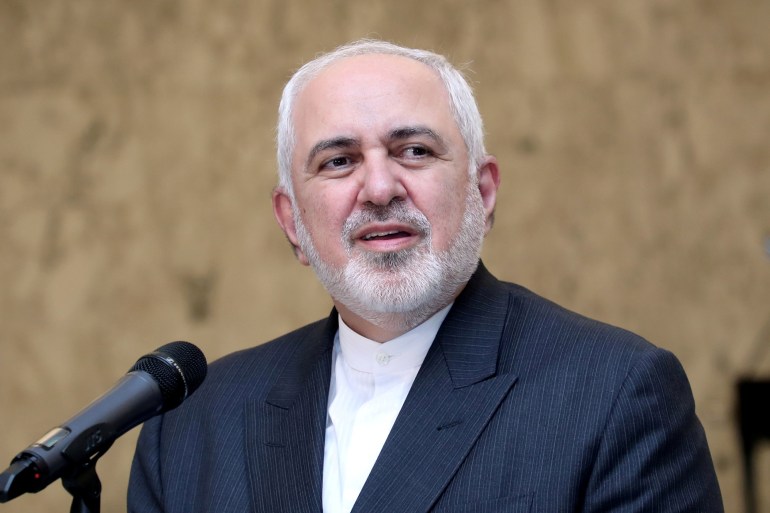Yesterday, Washington renewed its warnings about Iran's nuclear ambitions and what it called its aggressive regional activities, while Tehran presented signs, which were described as positive, of the start of informal talks on its nuclear program.
In a message to congressional leaders, US President Joe Biden said that Iran's nuclear efforts, its development of missiles and conventional weapons, its aggressive regional activities, and its support for terrorist groups, continue to pose a great threat to national security, foreign policy and the US economy.
In the context, Biden decided to extend the state of emergency related to Iran for a new year, which ends in March of next year.
The decision dates back to 1995, and has been extended periodically since then.
For his part, a spokesman for the Pentagon, John Kirby, said that his country does not want an escalation in the region.
In statements during his regular meeting with the media, Kirby said that Iran continues to carry out activities he described as malignant in the region.
These statements came in response to a question about the statements of the Israeli Defense Minister, in which he said that Israel is updating its military plans to target Iranian nuclear facilities.
'Terrorist player'
In the context, former US Secretary of State Mike Pompeo said that the administration of former President Donald Trump had succeeded in starting to hold Iran accountable as a central terrorist player in the region, as he put it.
In statements to Al Jazeera, Pompeo added that one of the achievements of the Trump administration is to provide what he described as a pivotal understanding of the region.
Pompeo said that the Trump administration was aware of former Secretary of State John Kerry's communication with the Iranians, explaining that Kerry and others were asking the Iranians not to work with the Trump administration to solve the problem of Iran's nuclear weapons program.
A "constructive" action plan
While the tone of intimidation escalated in Washington, Tehran softened its previous tone of defiance as Iranian Foreign Minister Muhammad Javad Zarif said that his country would present a "constructive" action plan.
Zarif tweeted, "As Iran's foreign minister and its first nuclear negotiator, I will soon present our constructive plan to work through the appropriate diplomatic channels."
Zarif: I will soon present our constructive plan to work through the appropriate diplomatic channels (Reuters-Archive)
A French diplomatic source and another European source said that Iran had made encouraging signals in recent days of the start of informal talks after European countries stopped work on plans to criticize Tehran at the International Atomic Energy Agency.
Iran has previously refused to participate in a meeting brokered by the European Union to revive the 2015 nuclear deal between Iran and the major powers.
As part of international diplomatic efforts, Irish Foreign Minister Simon Coveney will meet Iranian President Hassan Rouhani in Tehran on Sunday, as the UN Security Council coordinator for the 2015 nuclear deal.
Coveney said - in a statement - that "Ireland is a strong supporter of the Joint Comprehensive Plan of Action, and through our coordination role, we are keen to maintain a close dialogue with all actors, and to encourage all parties to return to full compliance with the agreement."

